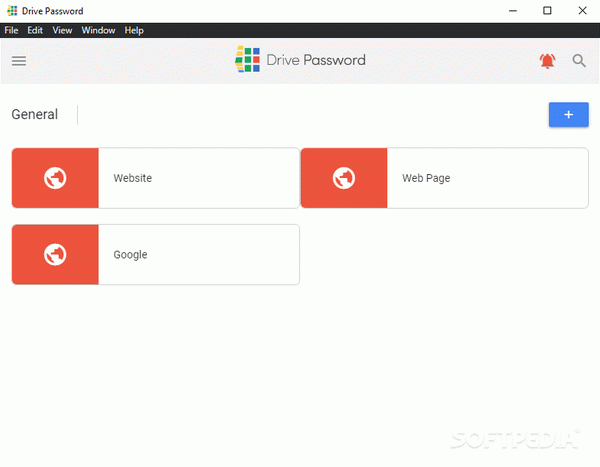It is almost essential these days that we keep our personal details secure. When it comes to online accounts, it is important that we keep our passwords as different as possible from one another. However, that may make it hard for us to remember all of them.
It may not be a bad idea to start using a password manager for safekeeping. If you have not yet decided which one to go for, you might want to have a look at Drive Password. Unlike other password managers, this one stores your information directly on your Google Drive account.
This program basically allows you to store the credentials for your online accounts. All you need to do is to sign in with your Google account and you are ready to go.
You can then write all your credentials in it, where only you have access to them. There, you can also group them in multiple categories, and each of them can then be further divided into subcategories. This makes it easier to organize your accounts based on what they are used for (work, travel, shopping, social media, etc).
The sweet part about it is how it secures your information. When logging in, you first need to input your Google credentials. After that, you will be required to pass the Drive Password authentication, which you can choose to do by pattern lock, password or factor authentication.
Everything you write down in this program will then be encrypted and stored in your personal Google Drive account. Once they are there, only you will have access to them.
Also, if you have the application open and you do not use it for a few minutes, it will then require you to authenticate again before you can continue using it. This is very useful in cases where you leave your desk and forget to log out of it, leaving your information exposed.
Given the level of security of this program, I would recommend it to anyone who wants to make sure their information is protected but doesn't trust their information being stored on someone else's servers. It is secure and available on multiple other platforms: Android, iOS, macOS and Chrome.

Rafael
thanks a lot. it worked.
Reply
josue
awesome Drive Password crack
Reply
aurora
спасибо за кейген, запустилось
Reply
Alan
thank you
Reply